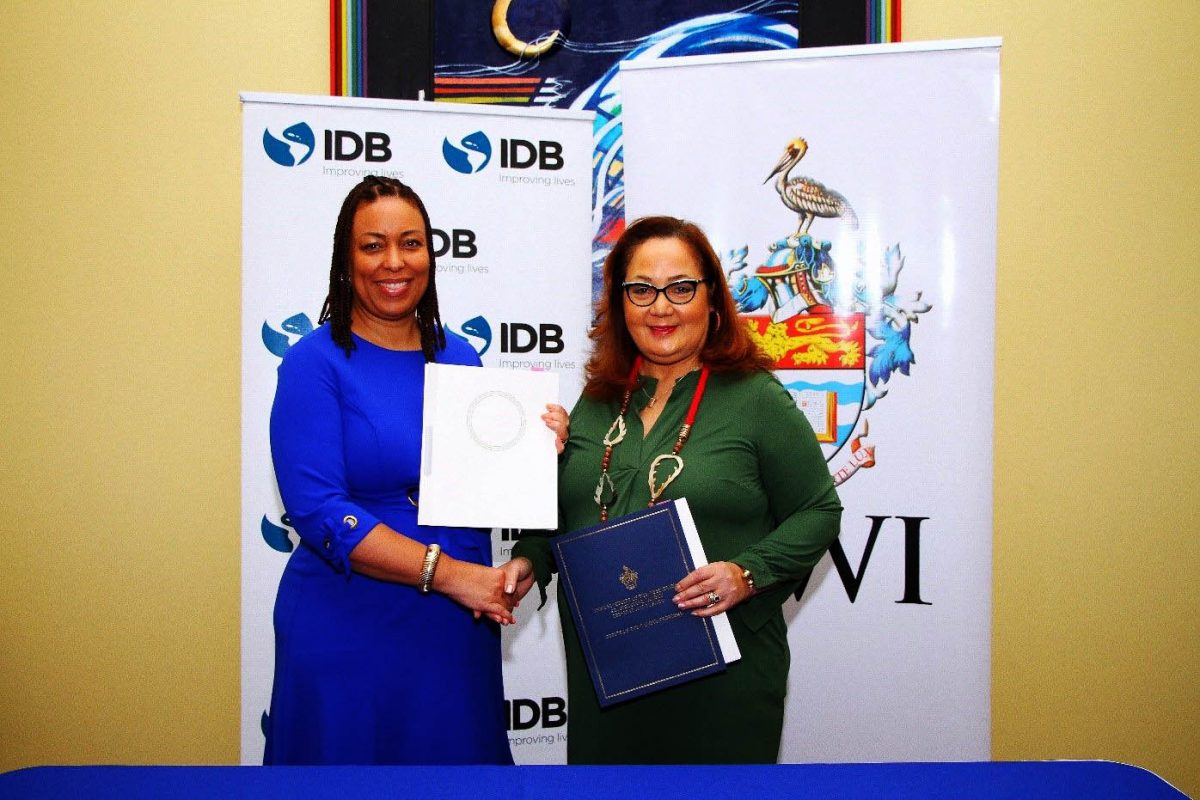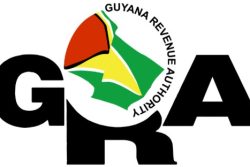(Trinidad Guardian) The University of the West Indies St Augustine Campus, and the Inter-American Development Bank have signed a Technical Cooperation Agreement in the amount of US$996,000.
It will implement a Monitoring, Verification, and Reporting (MRV) system for mangrove ecosystems that will provide a science-based data platform on the sequestration and release of blue carbon in participant country sites of the United Kingdom Blue Carbon Fund.
Research into blue carbon, the term for carbon captured by the world’s ocean and coastal ecosystems – like the mangroves in Trinidad and Tobago – is critical because of their possible contribution to climate change mitigation.
Pro Vice-Chancellor and Campus Principal Professor Rose-Marie Belle Antoine noted the importance of this research since “they provide resilience against extreme weather events, like a buffer zone between the raging sea and the land and they help to slow and reduce coastal erosion which is accelerating due to rising sea levels.”
She also pointed out that all parties agreed on the stipulation that women and vulnerable groups are adequately represented in training activities connected to the project. This fits well with The UWI’s consistent focus on gender justice and social egalitarianism, including for persons with disabilities.
Also speaking at the signing ceremony, IDB country representative for Trinidad and Tobago, Carina Cockburn spoke on the benefits of this agreement to countries.
“As the global discourse on carbon markets increases the knowledge and lessons learnt from the implementation of this programme will help countries not only improve their understanding of the value of their natural assets, but also sound management and utilisation of these for the benefit of citizens, nature and the climate.”
The UWI, which is very active in research on climate change and resilience – especially in the highly vulnerable Caribbean – established the Global Institute for Climate Smart and Resilient Development to lead research in the area.
The Advisory Board comprises representatives of Higher Education institutions and private sector research partners







